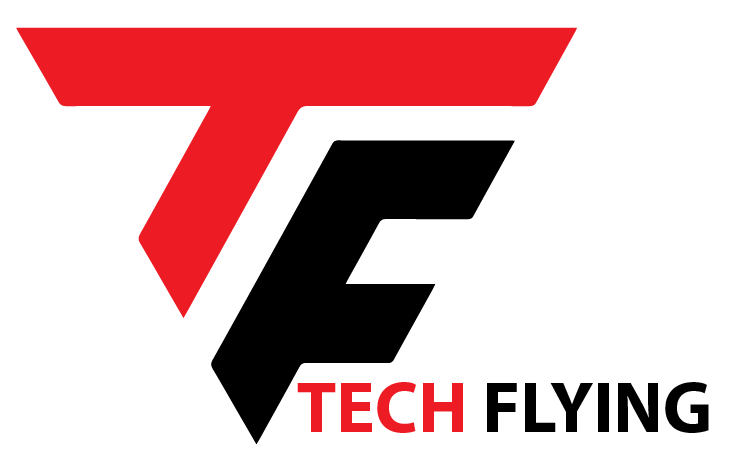Microsoft and Andreessen Horowitz (a16z) have set aside their differences to collectively voice opposition to potential regulations impacting artificial intelligence

Both influential players in the tech ecosystem—established corporations and startups—have joined forces to urge the government to refrain from imposing regulations that might hinder their financial interests, which they refer to as innovation.
In a statement from a16z’s Marc Andreessen and Ben Horowitz, alongside Microsoft’s Satya Nadella and Brad Smith, they emphasize that their collaboration transcends their usual disagreements. They claim to be advocating for smaller companies that could be adversely affected by recent legislative efforts, particularly SB 1047.
a16z general partner Anjney Midha criticized the proposed regulation as a “regressive tax” on startups, suggesting it unfairly favors larger tech companies that can more easily navigate compliance costs. However, this assertion has been challenged; the proposed law was designed to protect smaller models and startups from significant burdens.
Interestingly, the type of protective measure that Horowitz and Andreessen often champion for “Little Tech” was seemingly downplayed in their campaign against SB 1047. Although the bill had its issues, its opponents exaggerated the compliance costs while failing to substantiate claims that it would stifle innovation among startups.
This approach aligns with the familiar tactics of Big Tech, which Andreessen and Horowitz are closely associated with, as they lobby against regulations at the state level while simultaneously pushing for federal solutions they know may never materialize. Their recent joint statement regarding “policy opportunity” appears to serve as a justification for opposing SB 1047 while positioning themselves for a future federal policy.
Their suggested policies promote a “science and standards-based approach” to regulation, emphasizing that regulations should focus on bad actors misusing AI rather than impose proactive measures that could hinder innovation. They argue that any regulation should only be enacted if its benefits outweigh its costs.
Moreover, they advocate for flexibility among developers and startups in choosing AI models, implying that current discussions around model permissions are unfounded.
One notable assertion from their joint statement is about the right to learn under copyright law. They argue that machines should not be restricted from using data to learn as humans do, advocating for unrestricted access to data. This argument presents a problematic view, as it equates machine learning systems with human learning capabilities, which are fundamentally different.
Additionally, they downplay the significance of intellectual property rights, suggesting that a narrative exists claiming that facts are being hoarded to prevent AI from learning, a claim that has been repeatedly challenged in discussions about content theft.
While their policy document contains some reasonable recommendations, such as promoting digital literacy programs and supporting open data initiatives, these suggestions often serve to mask their more self-serving goals.
Ultimately, Andreessen, Horowitz, Nadella, and Smith appear focused on maintaining their lucrative positions in the rapidly evolving AI landscape. They seek to limit government intervention and redefine copyright standards in ways that could allow their systems to utilize valuable data without compensating the creators, all while masking these objectives behind a veneer of concern for broader technological progress.
